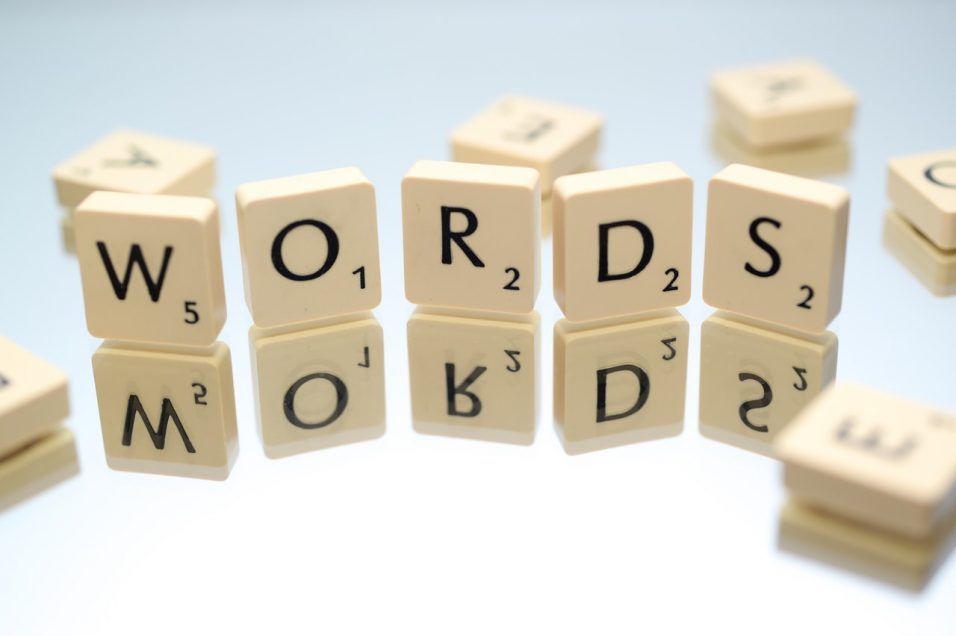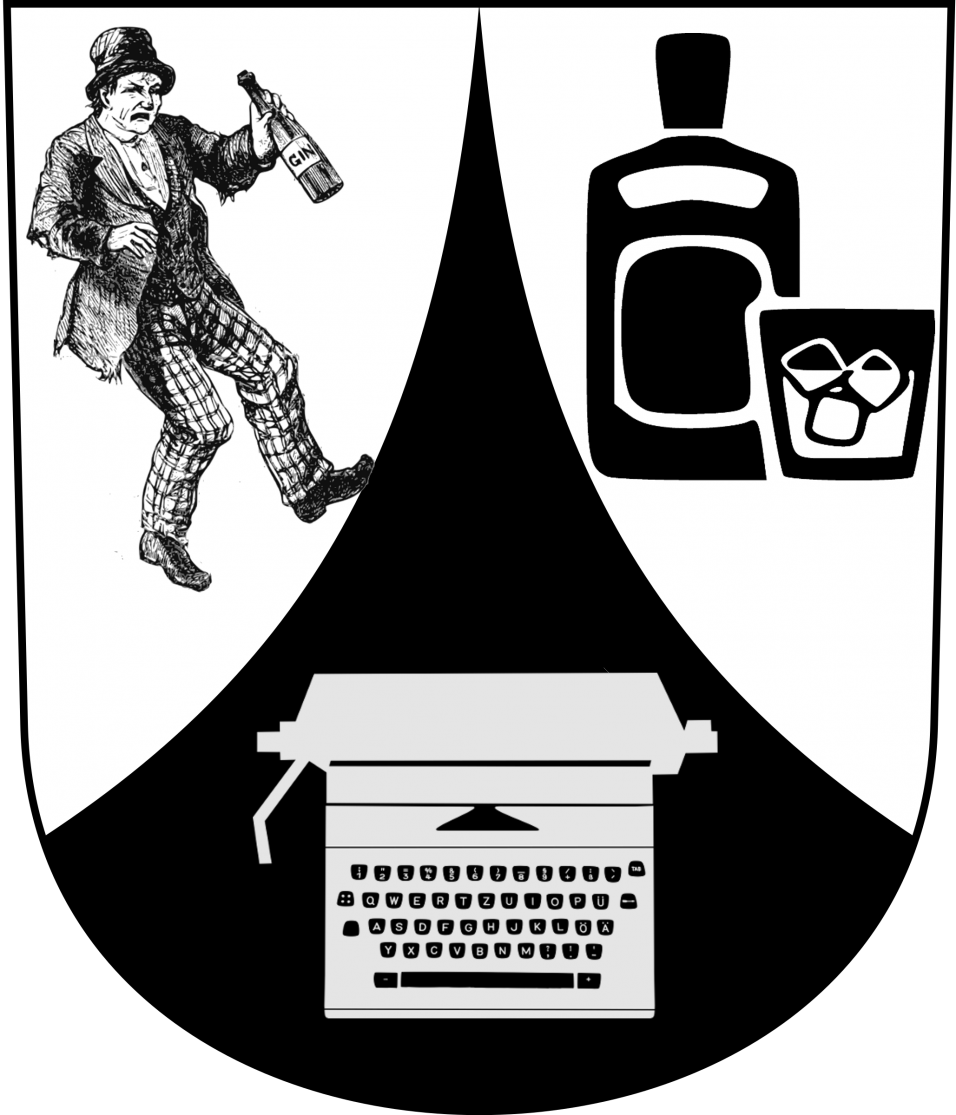The Incompetence Variable

I’m kind of an incompetent—ask anybody who knows me, especially my wife, The Duchess. I forget things and I have a poor eye for detail, which is why any time I’ve decided to proofread and copy edit my own work I have a fool for a client.
The Duchess, by comparison, is painfully detail-oriented. Composing an email for her is always an odyssey of wordsmithing as she revises and revises until she is 100% certain she not only has the precise wording she wants, but that her words are completely error-free. Me? I like to close my eyes and hit the throttle, wake up a few days later and see what I’ve written.
One result of this approach is that the work I submit is often riddled with typos.
Failing Upward
Recently, I sold a short story. The editor attached a light edit to the congratulatory email (not uncommon to have a quick gloss before the real editing) and I was kind of horrified to note a large number of dumb mistakes in there, including one misspelled word that should have been caught by spellcheck, if nothing else.
And yet, I sold the story. The editor recognized that these were just dumb typos that had no bearing on the quality of the story itself. And that’s today’s lesson: If you think that a bit of sloppiness will destroy your career, if you think that your work has to be absolutely perfect or you have no chance, you’re wrong, and I am living proof. Living proof that the Incompetent can have successful writing careers.
Are there editors out there who will reject your work automatically if there’s a typo? Yes, there are. And yes, I’ve probably been rejected by them for that reason, and they may even have posted a photo of me on their office wall with a note to never accept work from this man. Fair enough. For me, that doesn’t bother me, because I probably wouldn’t work well with someone like that anyway. I need collaborators who are fault-tolerant, because I am more or less defined by my faults.
This doesn’t mean you shouldn’t run spellcheck and review your work. Don’t be purposely incompetent—and there is a difference between a few minor mistakes and a trash fire disaster of a manuscript. But if anyone ever tells you that typos will kill your career, point them to my website and watch the expression of horror that they make.








